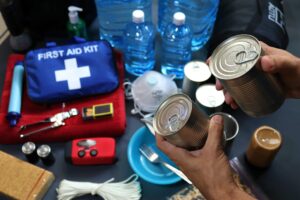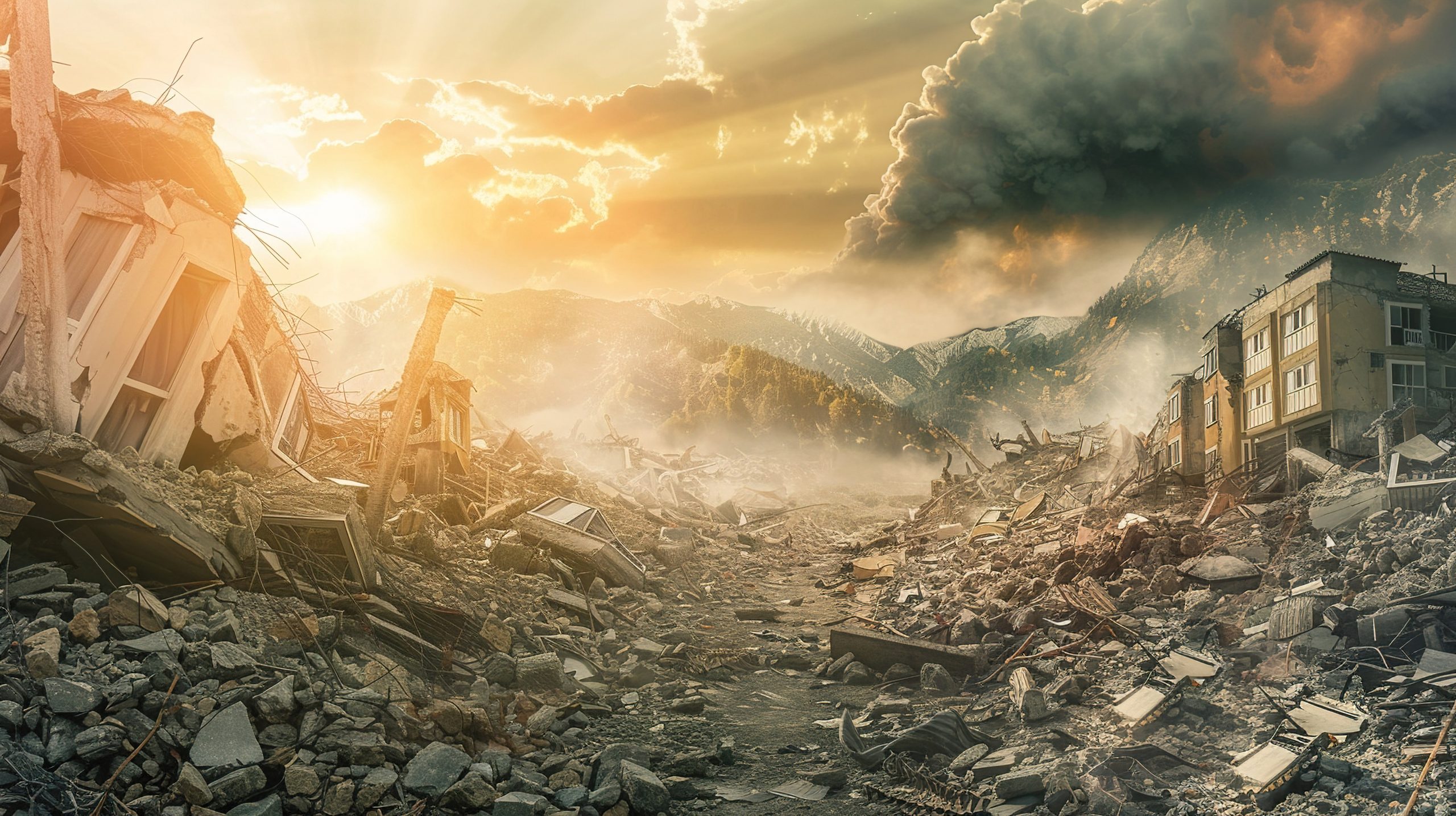

Expanded Description:
When disaster strikes—whether it’s a flood, earthquake, wildfire, or man-made emergency—the focus often falls on the physical devastation: destroyed homes, lost lives, and disrupted communities. But once the dust settles and emergency crews depart, survivors are left with something far less visible yet equally powerful: psychological trauma.
This blog delves into the mental and emotional aftermath of surviving a disaster, which can last long after the initial event. Many individuals experience acute stress reactions, nightmares, anxiety, and depression. Others develop Post-Traumatic Stress Disorder (PTSD) or survivor’s guilt, especially if they witnessed loss of life or were unable to help others during the crisis.
We’ll explore:
Through real stories, research-backed insight, and professional guidance, this article aims to raise awareness about the emotional toll of disasters and the need to treat mental health recovery as an essential part of disaster response.
Disasters may be unpredictable, but healing doesn’t have to be. Understanding and supporting the emotional well-being of survivors is the first step toward true recovery.
Sign up our newsletter to get update information, news and free insight.

From everyday safety tips to essential survival tools, we help you take control before disaster strikes.